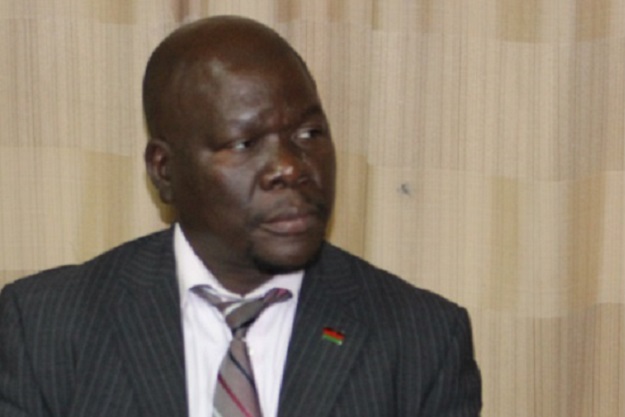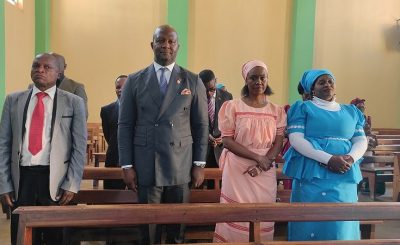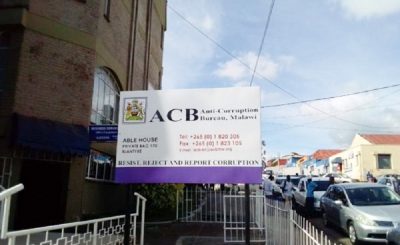Members of Parliament will soon lobby the government to secure enough resources to train people in biological methods of dealing with Fall Army worm infestation by using locally available resources.
Chairperson for Parliamentary Committee on Agriculture and Irrigation, Dr. Joseph Chidanti Malunga, who recently traveled to Brazil, alongside a team of agriculture experts to learn measures of controlling the Fall army worms, said the fight can be won if only the country understands the life cycle of the worms and use biological measures to deal with them.
Dr. Malunga said: “We have to know the four stages that the worm goes through its life cycle, which are egg, larvae, pupa and adult, and if we want to deal with them we have to be conversant with the chemicals to be used in accordance to the stage of the worm.”
He however said the country has resources such as neem tree and a particular type of wasp that can be used to destroy the life cycle of the Fall army worms.
“We can use neem tree which is found almost across the country and when you spray it in a right amount and at right time it confuses the digestive system of the worm at larvae stage resulting into death hence reducing the population of the army worms,” Dr. Malunga said.
He further said the country can also rear wasp insects that can prey on the army worm’s eggs.
Recently a team of agriculture experts from the country traveled to Brazil to borrow a leaf on how the Brazilians, who have stayed with the army worms for close to 100 years now, are managing to control them.
As at December 8, in the 2017/ 2018 cropping season, the Fall Army worm had affected thousands of hectares in the country and 133,083 farming families.
The development led President Peter Mutharika to declare a state of disaster in all districts affected.





